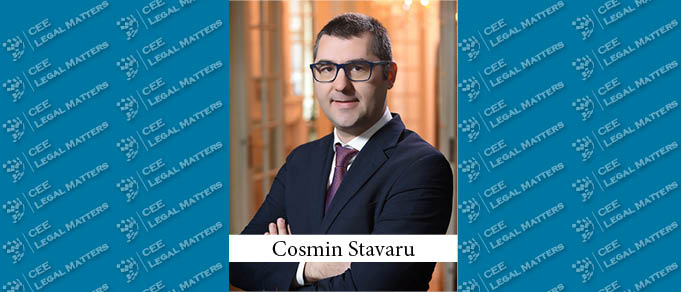Is Sustainability Possible in Family Businesses?
As is known, family businesses carries a crucial importance not only in Turkey but also in global sense in economic life. Family companies contribute nearly %75 of GNP and %85 of employment in Turkey.
Family companies have very substantial role in increasing economic durability as well as taking on the role of “keystone” in Turkish economy.
The issue of durability of family companies is based on the principle of sustainability. On the other hand percentages are relatively weak at the point of transferring family companies to next generations throughout the world. There is no official research in Turkey except the studies and analyses of audit firms and also some academic work products regarding this situation. Moreover it can be observed that the numeric data are far behind the Far East, parallel to worldwide. Well, is sustainability possible in family companies? It can be said that the answer is positive in the situation of proceeding with correct steps towards “Internalized Institutionalization”. In this article we have reviewed the issue of corporate governance in family companies in introductory level based on our experiences accumulated in a long time period with respect to institutionalization of family companies.
Institutionalization and Corporate Governance in Family Businesses
Although institutionalization signifies becoming a uniform system under an accountable and transparent management approach, this situation should be examined dichotomously as “institutionalization of the company” and “institutionalization of family relations” in sense of family businesses. The sum of this distinction will also form the concept of “Internalized Institutionalization”.
Mechanisms That Can Be Created Within the Process
Family – Company Relationship:
Primarily, it is necessary to mention the importance of family-company relationship. The featured element of healthy family businesses is having “good family relationships” (focusing between love – respect – tolerance – empathy – distance). In the family businesses which have good family relations, practices that mentioned below, such as family constitution, family council and shareholders agreement are only instruments in the context of providing continuance of the company.
Family Council:
Constituting family councils where family members are participants is important in order to make the relationship clearer among the individuals. Unlike the Board of Directors which is the basis of a company, the most important feature of the Family Council is openness and participation. However it should not be forgotten that the purpose of the Family Council is composing a consultation platform; not managing the company.
Family Constitution:
The basic reason of disappearance of the Family Businesses is nonexistence of a plan and a defined process for transition to next generations regarding family assets and family company. Within this context, the significance of organizing a family constitution is major in a family that internalizes institutionalization. Basically, a family constitution includes; mission, share proportion of the company and assets, transfer/alteration of duty, education of family members, rules and conditions of participation of family members to the company management, vision of the business, where the family wants to be in future, election criterions of board members by the company, performance measurement and also management of the family properties.
Shareholders Agreement:
Even the Shareholders Agreement may be thought as part of the family constitution, it regulates the relationship among the shareholders in more detail and more strictly. Generally, restrictions on the transfer of shares owned by the shareholders in the company – in this context, especially preemption right, right of share buy-back and call option, management rights and decision-making mechanisms, competition restrictions- and other rights and obligations of the shareholders related to the company are regulated in this agreement.
A Decent Board of Directors:
Apart from all the mechanisms that aim to determine the relationship among the family members by written rules, it is necessary not to deny the importance of the board of directors which is the principle unit of a company. According to the Turkish Commercial Code, duties and responsibilities of the Board of Directors are considerably high. It is essential for continuity of the company that the board of directors, which has considerable importance for the company, should not be overwhelmed by emotional bonds in practice within the family businesses.
It is important to remember that the mechanisms mentioned in this article are not limited, and very different policies can be determined in compliance with the characteristics of the family and the company.
Conclusion:
The remedy to the short life cycle of the large part of family businesses and formidable problems that they are facing is internalized institutionalization and corporate governance provided in this direction. Principally, in order for corporate governance to be implemented as required throughout the whole of the family business, the current situation of the company, the appropriate solutions as well as actions to be taken in this case should be determined realistically and these determined actions should be implemented properly. Lastly, it should be carefully followed that everyone implements such solutions and actions with the required diligence. There is no doubt that family businesses shall have a durable, reliable and sustainable structure as a result of the mentioned actions that are taken properly and the determination of ways to be followed both in legal and strategic terms as well as implementation of these without compromise.
By Vefa Resat Moral, Managing Partner, Moral Law Firm





























